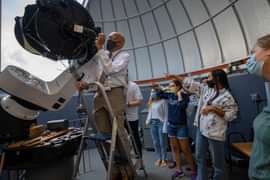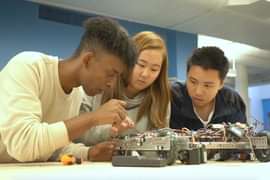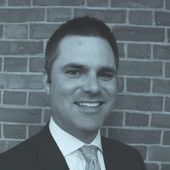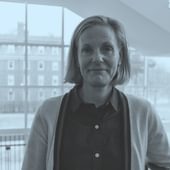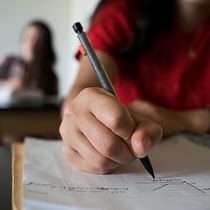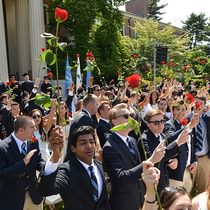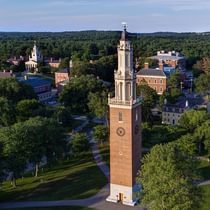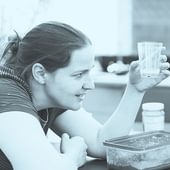
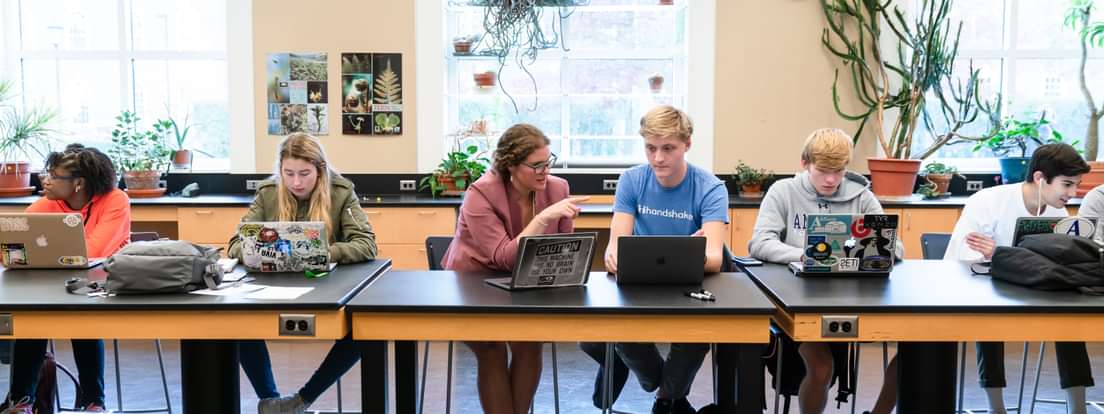
Natural Sciences Division
Division Philosophy
To participate fully in society, citizens require knowledge of scientific issues and an understanding of how those issues relate to their lives. People who are broadly educated and who also have special expertise in the sciences are vital to the well-being of our planet and its inhabitants. The science program is focused around four major goals.
In fulfilling the science requirement, Phillips Academy students should demonstrate:
1. They can do science.
2. They are scientifically literate.
3. They participate comfortably and fully in an inclusive community of learners.
4. They accept responsibility for the process of personal education.
The division of natural sciences offers a variety of introductory and advanced courses, yearlong and term-contained in biology, chemistry, physics, and interdisciplinary fields.



Biology
Chemistry
Physics
Biology
The biology curriculum consists of an introductory course for 9th graders, two advanced yearlong survey courses for 11th and 12th graders, a rotating selection of electives, and a 600 level lab research course for seniors. Laboratory work is heavily integrated into the courses as students are taught to apply their knowledge and devise their own experiments.
Human Anatomy, Physiology, and Global Health
Students explore the organ systems of the human body, using hands-on laboratory experiences, case studies, and readings.
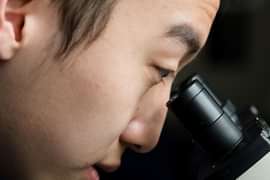
Molecular and Cellular Biology: Laboratory Research I
Students learn laboratory techniques through work with model organisms and experimental systems.
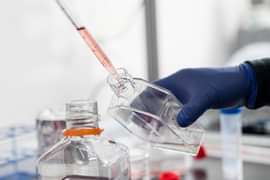
Chemistry
The chemistry department offers two yearlong introductory courses in chemistry, each of which fulfills part of the diploma requirement for laboratory science. Placement in CHM250 and CHM300 series is generally based on concurrent mathematics placement.
Environmental Chemistry
Explore the chemistry of Earth’s natural processes and environmental pollution through research projects analyzing local water quality.
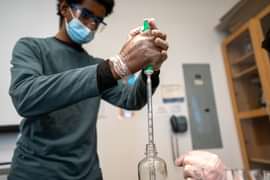
Organic Chemistry
Learn basic reactions and concepts with an emphasis on principles of reactivity and mechanism to help in their future scientific studies.
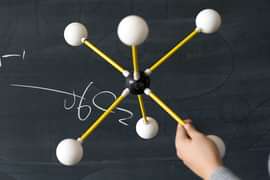
Physics
College Physics
PHY400
This is the first term of non-calculus physics course, covering classical mechanics in Term 1. The last two terms cover electricity, magnetism, wave motion, light, relativity, and atomic and nuclear
physics. Laboratory work is an integral part of the course.
Astronomy Research
PHY530
Students spend extensive time in the Phillips Academy Observatory, where they will learn to operate the telescope, dome, and CCD camera. Students will learn techniques for visual observing, astrophotography, and photometry. Students will engage in research projects designed to provide an introduction to research techniques in astronomy.
Our Faculty
Learning happens across all aspects of our campus. Andover's faculty are subject matter experts, mentors, stewards of Knowledge & Goodness, and much more. Andy Wall is the Natural Sciences Department Chair.

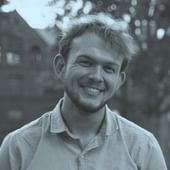
Adam Bell
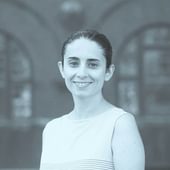
Inés Camacho
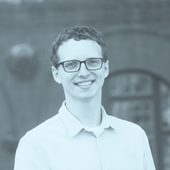
Austin Campbell
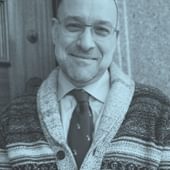
Clyfe Beckwith
Instructor of Physics and German, Girls' Volleyball Coach, Advisor [email protected] view full profile“Teaching and coaching Andover students is an unparalleled satisfaction. Same building and material, same court and rules, but with a new roster every year/season, and therefore a unique experience every time. Eliciting a smile and joy of learning MAKES MY DAY.”
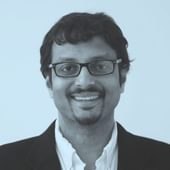
Kevin Cardozo
Instructor of Chemistry, Tennis Coach, Complementary House Counselor, Advisor [email protected]“I enjoy working with students as a classroom teacher, tennis coach, advisor, and complementary house counselor. I also feel extremely fortunate to be surrounded by an exceptional group of colleagues in the Chemistry Department.”
Mr. Faulk teaches all levels of chemistry and coaches our varsity golf team. He serves as a 9th/10th grade house counselor in Taylor where he lives with his wife and three children.
IN THE CLASSROOM:
Organic Chemistry | CHM610
This course introduces many of the basic reactions and concepts students will encounter in their future studies of chemistry, biology, or medicine. Rather than covering a large number of reactions, as might happen in a second-year (full year) college organic chemistry course, this course emphasizes an understanding of general principles of reactivity and mechanism. The classroom work is supplemented by demonstrations through which students learn some of the fundamental tools of this highly empirical science. In addition, each student gains detailed knowledge of an area of active research related to organic chemistry. After selecting a topic of interest, each student prepares a paper and a class seminar, using current scientific literature.
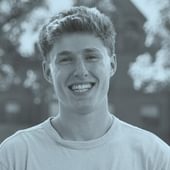
Jackson Goldman
Chemistry Instructor, House Counselor in E Stuart House, Head Coach Boys JV2 soccer, Outdoor Pursuits Hiking and Paddling Instructor [email protected] view full profileMr. Goldman teaches chemistry, gets out on the field as head coach for JV soccer, and serves as an 11th and 12th grade house counselor in a large boys' dorm.
“I see every class as an opportunity to explain real world observations through physics.”
Related Student Clubs
EcoAction
A Greener Blue Sustainability
Robotics Club
Astronomy Club
35+
students doing advanced independent research each year
8
VEX robotics kits
19,200
hours spent by Andover student in hands on lab work each year
24
lab classrooms
14
average number of different electives and advanced courses offered each term




